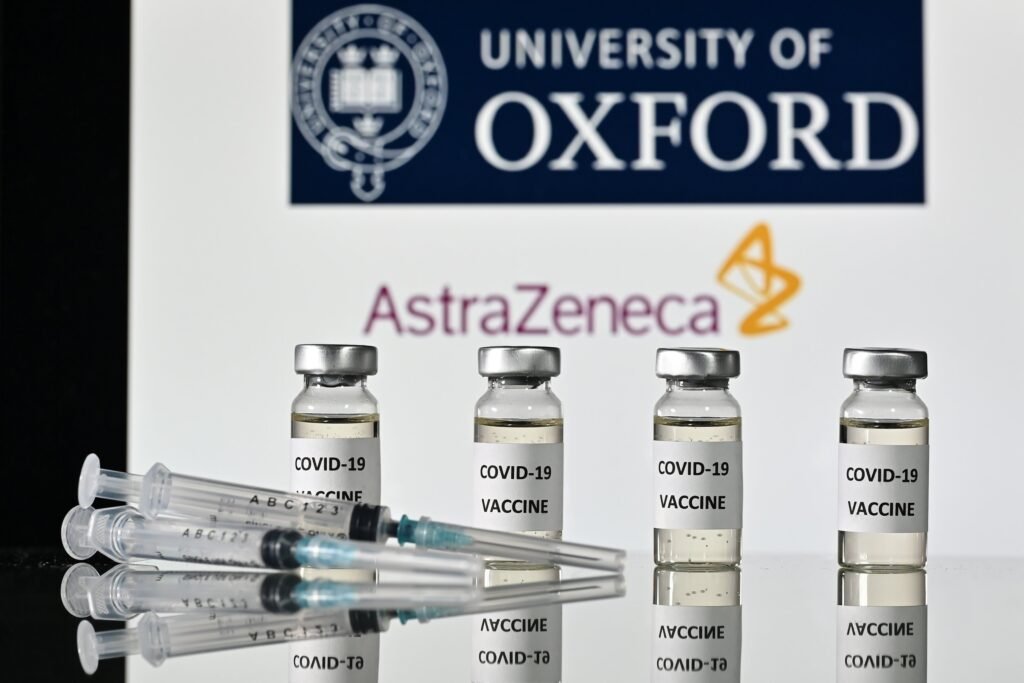AstraZeneca Plc and the University of Oxford face mounting criticism about their coronavirus vaccine trial results after it emerged that an error in manufacturing led to some volunteers being given a half dose instead of a full one in trials that showed 90% efficacy.
Astra and Oxford became one of the frontrunners in the race to deliver a Covid-19 vaccine on Monday when they announced that a late-stage study showed that their two-dose jab was 70.4% effective on average and up to 90% using the lower-dose regimen. In most trials in Brazil and the United Kingdom, it was 62%.
The announcement that a third vaccine was successful had raised optimism with particular promise for developing countries as it is relatively cheap and can be stored at fridge temperature.
While the researchers initially had no explanation for the 90% result, an American vaccine program, Operation Warp Speed, said the next day that the half-dose, which showed a higher level of effectiveness, was due to an error in the quantity of vaccine put into some vials and tested in a younger population.
Also Read: AstraZeneca Covid Vaccine has Less Efficacy but More Advantages over Pfizer, Moderna Shots
AstraZeneca’s head of biopharmaceuticals R&D Sir Mene Pangalos then confirmed on Wednesday that the low-dose trial included nobody over the age of 55, leading to concerns that younger age may have been a factor. This is particularly important because vulnerable elderly people are most at risk from the virus.
The way Astra and Oxford handled the large trial has attracted scrutiny from scientists and investors and initial scant details released by the British partners have sparked worries about whether regulators would approve their vaccine.
They have now said the vaccine will undergo a new global trial using the lower-dose regimen while the timeline for regulatory approval and rollout of the vaccine in the UK and Europe should not be affected.
Also Read: African Countries Move to Order Coronavirus Vaccines
Astra and Oxford will also be looking to satisfy America’s Food and Drug Administration with the new large trial for a possible rollout in the U.S. They would be competing with Pfizer-BioNTech and Moderna, both of which have published data suggesting 95% efficacy in preliminary analyses of trials of tens of thousands of volunteers.
Astra shares changed a little Thursday after falling 6.2% earlier in the week amid growing questions about its vaccine trial results.

